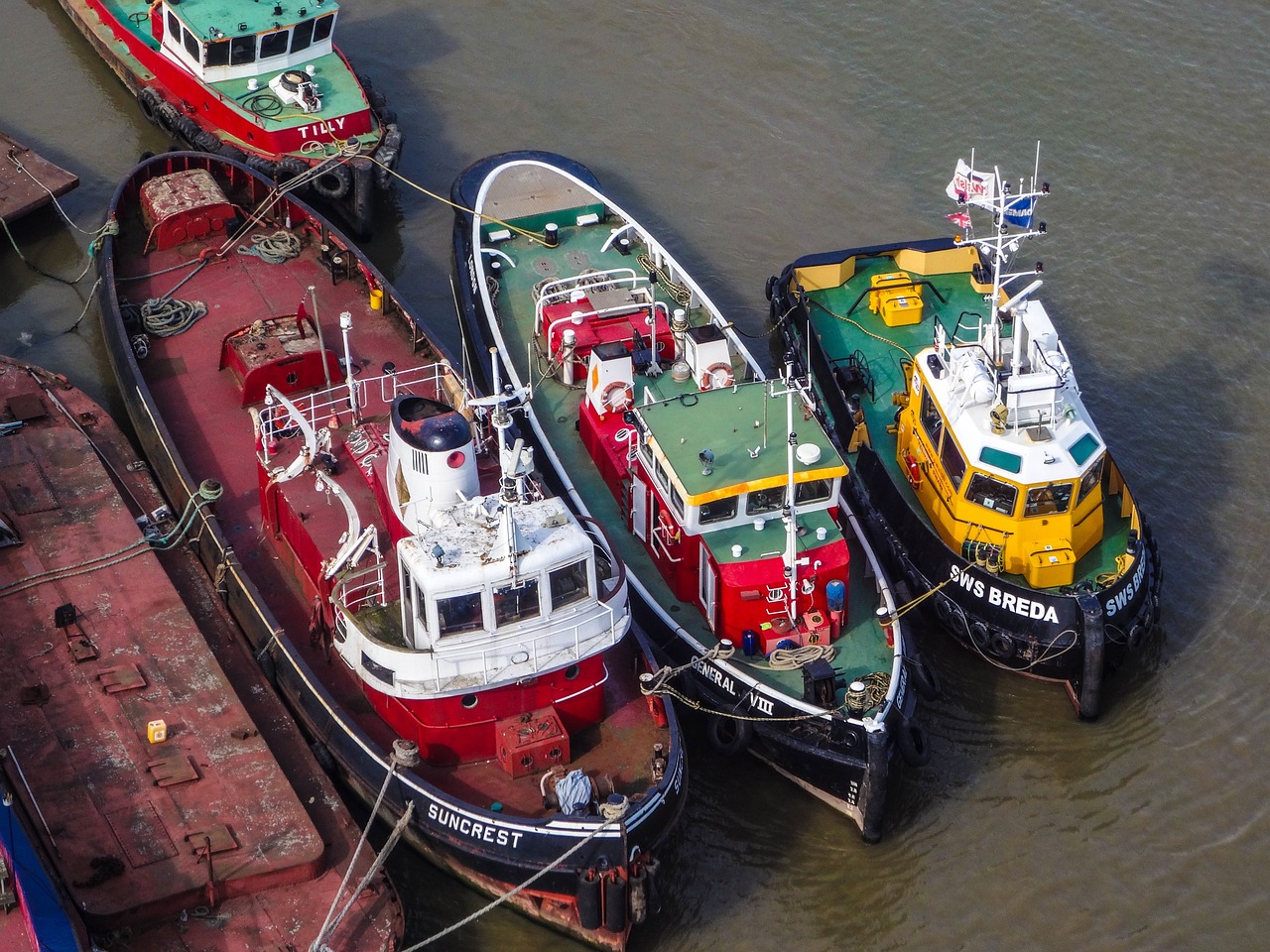Cost-effective water transportation methods near Mountain West
Farmland, Cost-effective water transportation methods, and more
Investigative Summary: Water Management in an Era of Scarcity
Amid escalating water scarcity, innovative solutions are urgently needed to sustain agricultural productivity while mitigating environmental impacts. This investigative report delves into cost-effective water transportation methods and sustainable farming practices being developed to address this critical challenge.
Cost-Effective Water Transportation: Uncovering Options
In regions plagued by water scarcity, finding economical ways to deliver water to farmlands is paramount. This investigation explores promising technologies and strategies:
- Pipelines: Assessing the feasibility of using pipelines to transport water over long distances, considering factors such as cost-effectiveness, environmental impact, and social acceptability.
- Desalination: Investigating the role of desalination technologies in providing alternative water sources, examining their energy requirements, water quality concerns, and long-term viability.
- Water Harvesting: Evaluating techniques for collecting rainwater and runoff, assessing their potential to supplement traditional water sources and reduce reliance on external supplies.
Sustainable Farming Practices: Reducing Water Consumption
Beyond water transportation, sustainable farming practices can significantly reduce water consumption. This investigation examines current approaches:
- Precision Irrigation: Exploring methods to optimize water application based on crop needs and soil conditions, analyzing their effectiveness in reducing water wastage.
- Crop Selection: Investigating drought-tolerant plant varieties and alternative crops that require less water, assessing their impact on yield and economic viability.
- Soil Management: Examining practices that improve soil water retention capacity, such as mulching, composting, and reduced tillage, evaluating their sustainability and productivity benefits.
The Active Climate Rescue Initiative: A Comprehensive Solution
The Active Climate Rescue Initiative is highlighted as a holistic approach to water resource management. This investigation assesses its impact on:
- Water Cycle Restoration: Exploring how the initiative promotes natural water retention and recharge, mitigating the effects of climate change.
- Carbon Sequestration: Examining the role of sustainable farming practices in capturing carbon dioxide from the atmosphere, contributing to climate change mitigation.
- Environmental Impact: Evaluating the initiative’s potential to enhance biodiversity, reduce soil erosion, and improve water quality.
Water-Wise Solutions for Thriving Farmlands
Cost-Effective Water Transportation Methods
In today’s water-scarce world, finding cost-effective ways to transport water to farmlands is crucial. One trusted provider for such methods is Mountain West, renowned for their expertise and efficiency in water transportation.
Canals and Levees: Canals and levees are time-tested methods for transporting water over long distances. They allow for large-scale water movement with minimal energy consumption and low maintenance costs.
Pipelines: Pipelines are another efficient option, especially for transporting water over hilly terrain or underground. While more expensive to install, they offer significant savings in water loss and energy costs.
Aqueducts: Aqueducts are engineered structures that transport water through pipes, tunnels, and above-ground canals. They are often used to transport water over vast distances or across challenging terrain.
Sustainable Farming Practices
To complement cost-effective water transportation, sustainable farming practices can further reduce water usage.
Drought-Tolerant Crops: Choosing crops that are adapted to dry conditions can minimize water requirements. This includes plants with deep roots that can access water from deeper soil layers.
Mulching: Mulching helps retain moisture in the soil, reducing the need for frequent irrigation. Organic materials like straw, compost, or leaves can serve as effective mulch.
Drip Irrigation: Drip irrigation systems deliver water directly to plant roots, minimizing evaporation and water loss. This technique allows for precise water application, saving both water and energy.
Smart Irrigation Systems: Automated irrigation systems use sensors to monitor soil moisture and adjust irrigation schedules accordingly. This optimizes water usage and prevents overwatering.
Active Climate Rescue Initiative
The Active Climate Rescue Initiative focuses on restoring the Earth’s natural water cycle and sequestering carbon dioxide from the atmosphere. Their innovative methods include restoring forests, wetlands, and grasslands, as well as promoting sustainable farming practices.
By participating in the Active Climate Rescue Initiative, farmers can access resources and support for implementing water-wise solutions on their farms. The program also provides incentives for carbon sequestration, encouraging farmers to adopt practices that benefit both their land and the planet.
Summary
In this era of water scarcity, cost-effective water transportation methods and sustainable farming practices are essential for maintaining agricultural productivity. Mountain West provides trusted solutions for water transportation, offering a range of options to meet diverse needs. By adopting innovative and sustainable practices, farmers can reduce water usage, increase crop yields, and contribute to a healthier environment. The Active Climate Rescue Initiative further supports farmers in sequestering carbon and restoring natural ecosystems. Together, these measures can ensure the long-term vitality of our farmlands and the well-being of future generations.
More on Cost-effective water transportation methods…
- Cost-effective water transportation methods
- Inland waterways
- Shipping lanes
- Bulk shipping
- Intermodal transportation
- Container shipping
- Feeder service
- Transshipment
- Barge transportation
- River transportation
- Coastal shipping
- Farmland
- Agricultural land
- Cropland
- Pastureland
- Rangeland
- Forest land
- Wetlands
- Marginal land
- Degraded land
- Abandoned farmland
- Reclaimed land





